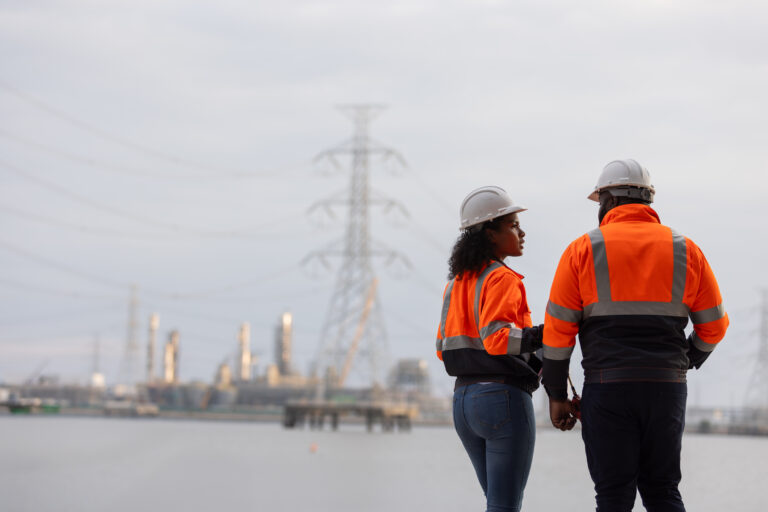Cost of Renewables Contracts for Differences (CfD) as part of the Government Electricity Market Reform (EMR)
It is the government’s intention to create a further reduction in CO2 emissions, with 15% of energy coming from renewables by 2020 and cause an 80% reduction (from 1990 levels) across the economy by 2050. This note provides a little information concerning additional costs to be reluctantly passed to customers as part of the Electricity Market Reform and associated Energy Act.
CfD’s for renewables are planned to commence this year and from 2017 will replace the Renewables Obligation. The aim is to provide clear, predictable and long term sales prices for the electricity from renewables and encourage cheaper capital expenditure lending options. This, in time, may lead to lower renewable costs from a bigger, competitive market. New renewable projects allocated a CfD will receive top-up payments when the market price of electricity is below the CfD exercise or “strike” price. The industry cost of the aggregate top-up payments will be spread across, and recovered from, electricity customers.
CfD costs will be charged to all Suppliers under the Levy Control Framework and are planned to apply from April 2015. In order for suppliers to recover this cost, customers with fixed price contracts will have CfD included within their energy rates and flexible contracts will receive them as pass through costs.












